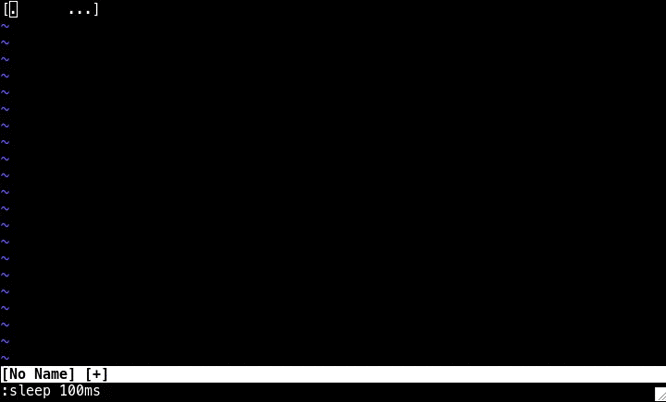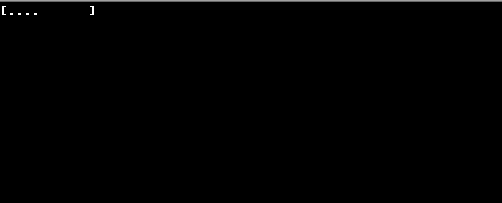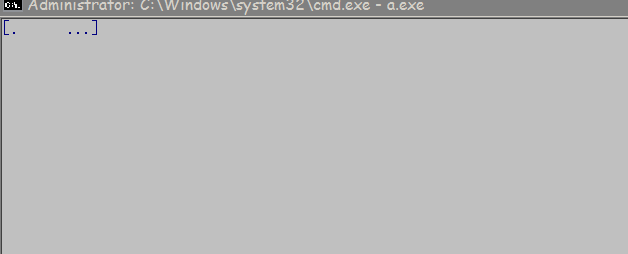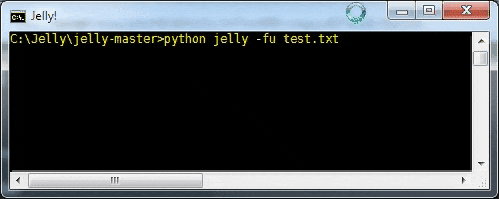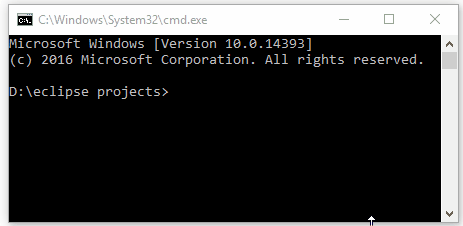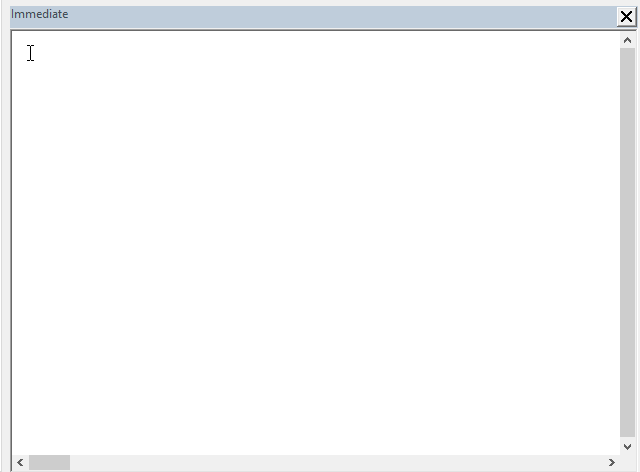Buat bilah Memuat gaya Windows dengan instruksi berikut.
(perhatikan bahwa ini berbeda dari Memuat ... Selamanya )
Output Anda harus dimulai dengan [.... ].
Setiap centang, Anda harus menunggu 100 ms, lalu pindahkan setiap titik dengan satu karakter ke kanan. jika titik ada pada karakter kesepuluh, pindahkan ke yang pertama. Perhatikan bahwa Anda harus menghapus layar sebelum mengeluarkan lagi. Outputnya dipesan sebagai berikut:
[.... ]
[ .... ]
[ .... ]
[ .... ]
[ .... ]
[ .... ]
[ ....]
[. ...]
[.. ..]
[... .]
..Lalu itu loop selamanya.
Aturan
- Ini kode-golf , jadi jawaban tersingkat menang.
Aku ragu aku bahkan akan menerima jawaban menang - Harap berikan file gif bilah pemuatan saat beraksi jika memungkinkan.
\rdiizinkan, alih-alih membersihkan layar secara harfiah?
